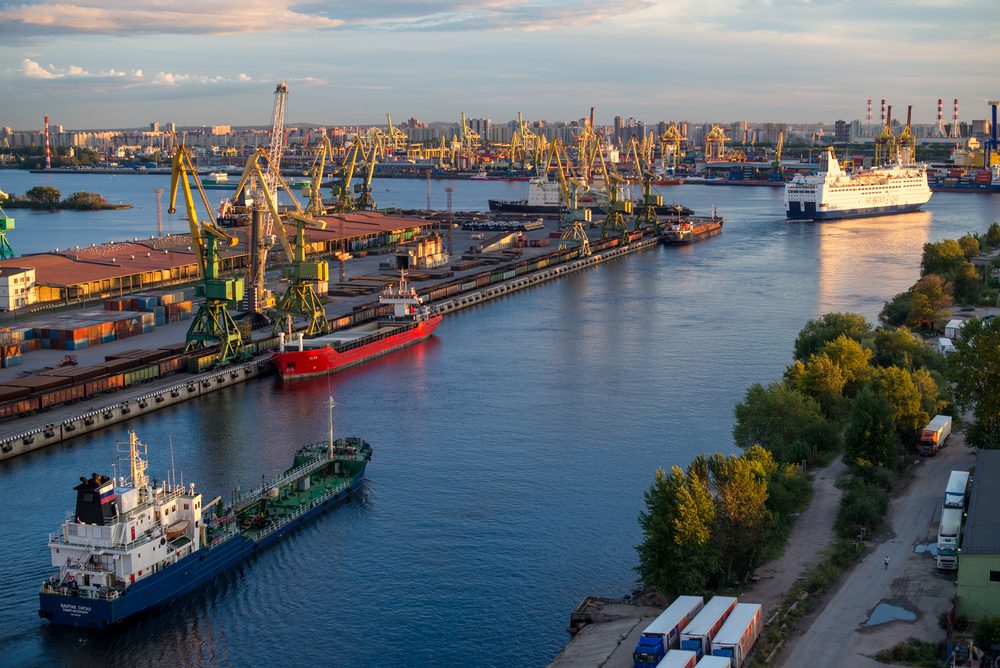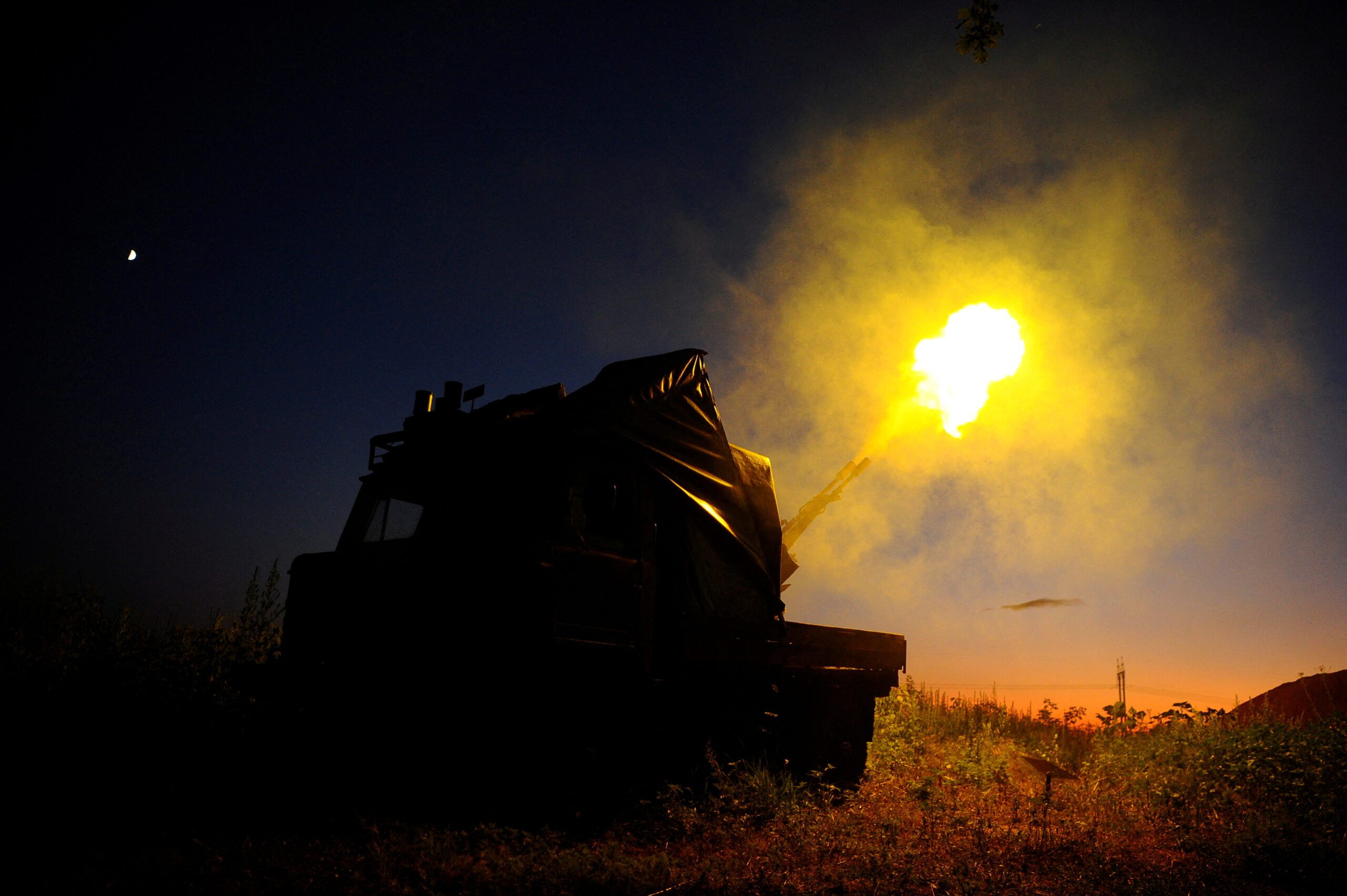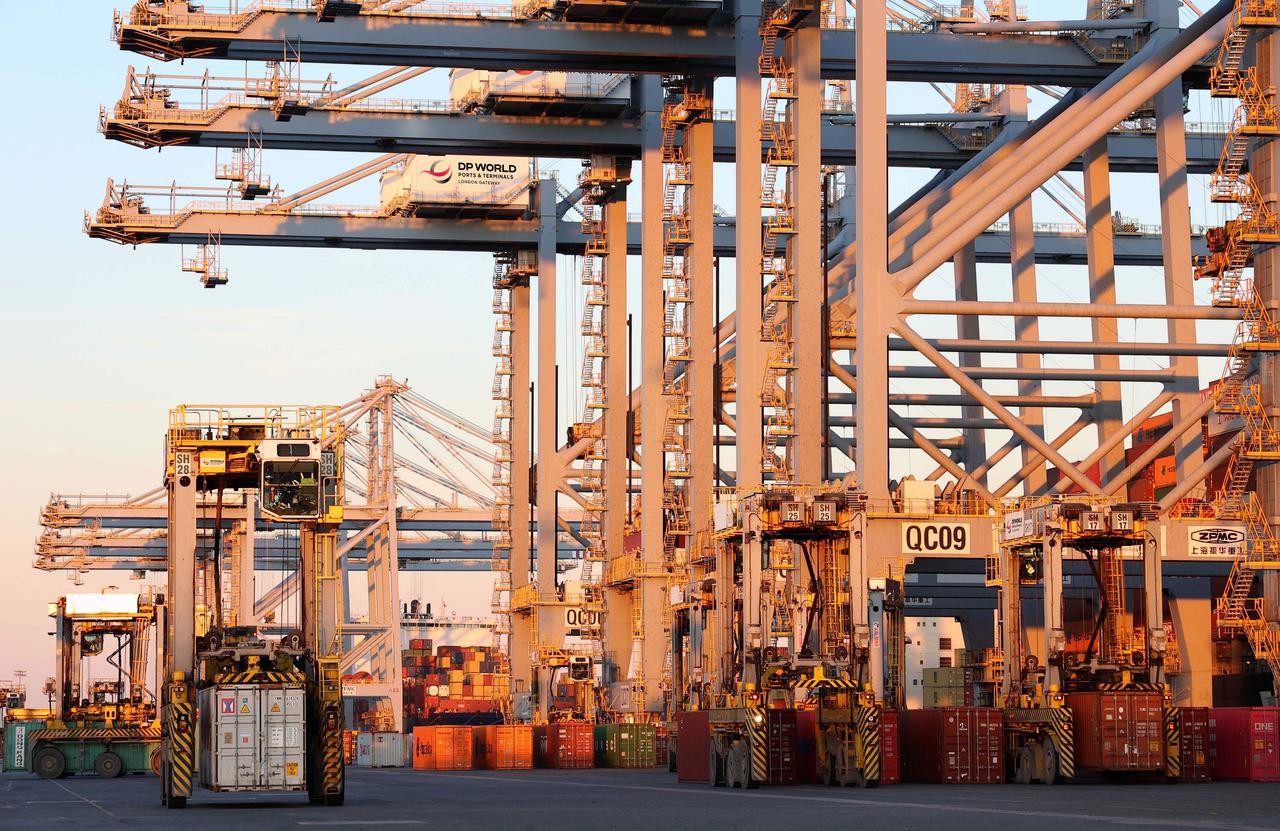 By Jonathan Saul
By Jonathan Saul
LONDON, Feb 24 (Reuters) – Saint Petersburg’s new deepwater port aims to become Russia’s major hub for cargo and container shipping, despite an industry slump and the impact of Western sanctions on the country, officials involved said on Wednesday.
Russia’s economy has been hit by falling oil prices and Western sanctions, which have also battered the rouble.
Port Bronka, which is located in the Gulf of Finland, has been developed to boost trade and also be able to take bigger ships than Saint Petersburg’s historical port, which is located closer to the main city.
“In the long-term we are very positive about the Russian market,” said Stefan Wilkens, general manager of Bronka’s container terminal.
“Russia still has a low containerisation level,” he told a news conference in London.
At 28 TEUs (20 foot equivalent units) per capita, Russia is among the lowest users of containerized trade, Wilkens said, adding this compared data showing 97 TEUs per capita globally and 122 TEUs in Europe.
The global container market, which ships retail goods from iPhones to designer clothes and food products, has been hit by a slowdown in demand for goods from Asia.
Cargo shipping – including industrial goods such as coal – is also reeling from softer Chinese imports and too many ships available for hire.
The world’s number three line, France’s CMA CGM, became the first international group to start calls to Bronka in January and officials said more firms were expected to follow.
Port officials said Bronka represented the “fastest way” to reach Moscow and consumer markets there, with better road connections. They said the first direct cargoes to be sent by rail from the port to Moscow were set to go live in March.
Dmitry Mikhalchenko, chief executive of Fenix LLC, Bronka port’s owner and operator, acknowledged sanctions on Russia “are not having a positive impact”.
Alexey Shukletsov, Fenix’s executive director, told the conference Bronka, which cost over $400 million to develop and also includes cargo ship facilities, was targeting 80 million tonnes of volume and 1.5 million TEUs annually in the future, with initial trade pegged at 3.8 million tonnes and 350,000 TEUs annually.
Shukletsov said it hoped to benefit from CMA CGM’s preliminary agreement last month with Iran’s top container and cargo line IRISL, which could also potentially boost trade flows with Bronka. (Editing by Alexander Smith)
(c) Copyright Thomson Reuters 2016.

 Join The Club
Join The Club











